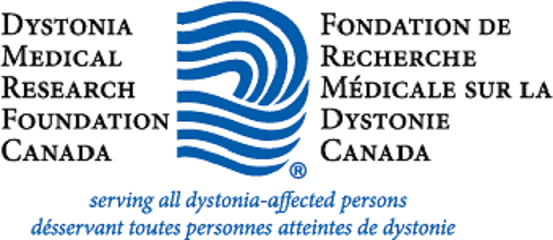Movement disorders, including dystonia and parkinsonism, are a diverse group of diseases, often with varied and overlapping symptoms. These disorders can be acquired or inherited, with numerous genes identified, making diagnosis a challenge. A consortium of French researchers has devised a tool to help clinicians diagnose complex movement disorders. The research group created a 127-gene panel and tested it in 380 patients with suspected movement disorders. The panel had a diagnostic yield of 22%, which is in accordance with other targeted genetic testing for neurological disorders. The pre-labor cost of the gene panel per patient is a fraction of the cost of whole-genome and whole-exome genetic sequencing, methods that have been growing in utility for research but remain largely impractical for widespread clinical use due to the high cost and reluctance of health insurance providers to reimburse.
The research group also uncovered several unexpected correlations between clinical signs and genetic results. For example, findings suggest that the PRKRA(DYT16) gene, associated with a rare recessive form of childhood onset dystonia-parkinsonism, should be added to the list of genes tested in patients with suspected myoclonus-dystonia.
The gene panel may be particularly relevant to patients with undiagnosed childhood onset or familial movement disorders. Looking forward, the researchers suggest that testing the gene panel in a larger group of patients would be revealing, as well as potentially adding genes to the panel.
Montaut S, Tranchant C, Drouot N, Rudolf G, Guissart C, Tarabeux J, Stemmelen T, Velt A, Fourrage C, Nitschké P, Gerard B, Mandel JL, Koenig M, Chelly J, Anheim M; French Parkinson’s and Movement Disorders Consortium. Assessment of a Targeted Gene Panel for Identification of Genes Associated With Movement Disorders. JAMA Neurol. 2018 Jun 18.
